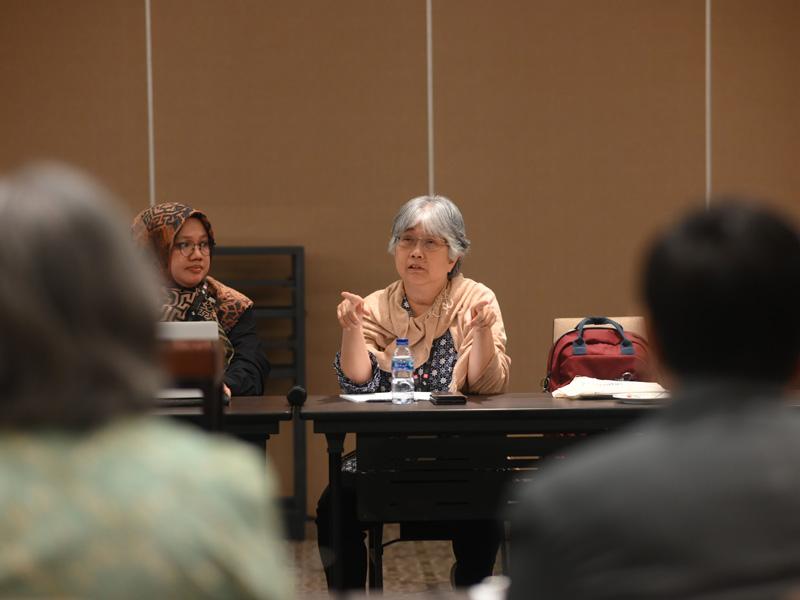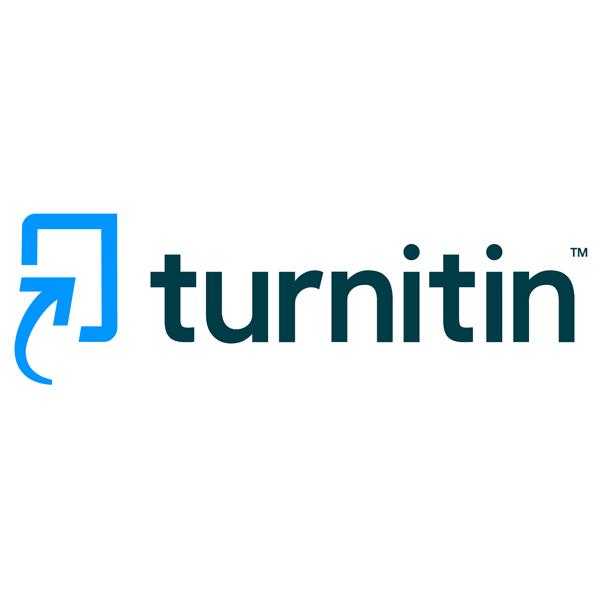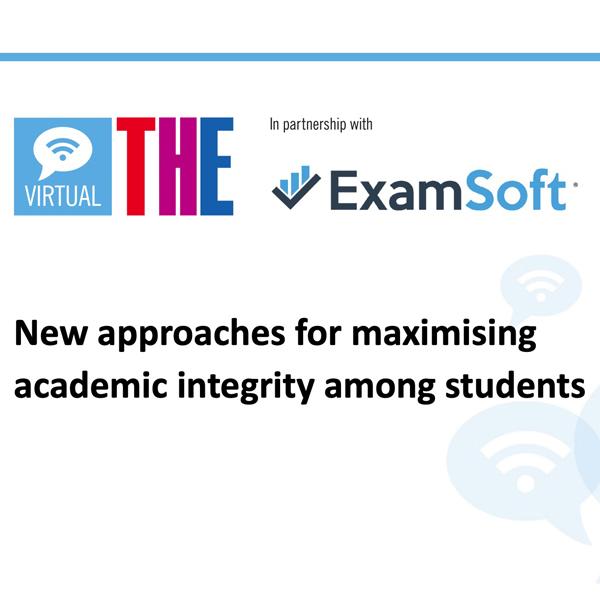
Innovative strategies to enhance academic integrity and quality

Advancements in AI have transformed industry and academia, making the technology crucial for preparing graduates to excel professionally. AI integration is vital to modernising assessment models and maximising student success. During a round-table discussion at the 2024 THE Digital Universities Asia event, held in partnership with Turnitin, senior leaders from the Asia-Pacific region discussed innovative and effective strategies to maintain academic integrity and the quality of education.
Methods of assessing students’ academic capabilities must shift from an outcome-orientated approach to a process-orientated one, said Julia Chen, director of the Educational Development Centre at the Hong Kong Polytechnic University. She explained that students documenting the process of their academic work and explaining the logic behind it are some examples of how universities can adopt this approach.
This can also discourage students from being too “conscious about getting the right answer”, added Anne Lan K. Candelaria, assistant vice-president for graduate education at the Ateneo de Manila University in the Philippines. She explained that this is the reason why her university assesses students’ knowledge and skills through formative assessments.
“Teachers must first have knowledge about AI and then demonstrate its usage to students,” said Chukwudi Ogoh, senior academic strategy consultant at Turnitin. Educators’ lack of knowledge and understanding of AI makes it more challenging to expand students’ technical competence and poses the risk of penalising students for assessment responses being AI-generated.
Students from all academic backgrounds have varied levels of technical competence, added Candelaria. “You cannot assume that they know what they’re doing,” she said. This makes it crucial to connect with students to identify pain points and educate them on issues around academic integrity.
Having an institution-wide policy helps to create a blueprint for how universities can navigate the complexities presented by AI. The policy must also reflect how AI is integrated across various disciplines, the participants agreed. There are uncertainties about how technology will evolve. When newer versions of AI are launched, you don’t know whether students have to relearn how to use these tools, said Lora Wong, director of the Office of Academic Services at Nanyang Technological University in Singapore.
Getting key stakeholders such as students and employers on board can add new perspectives to assessments and curriculum design. “Assessments need to have a dynamic loop between student input, data analytics, policymaking and continuous learning,” said Gauri Bhasin, chief operating officer of Manav Rachna Educational Institutions in India. “If that is embedded well, students can adapt, evolve, learn and unlearn to be prepared for new roles.”
Find out more about Turnitin.

